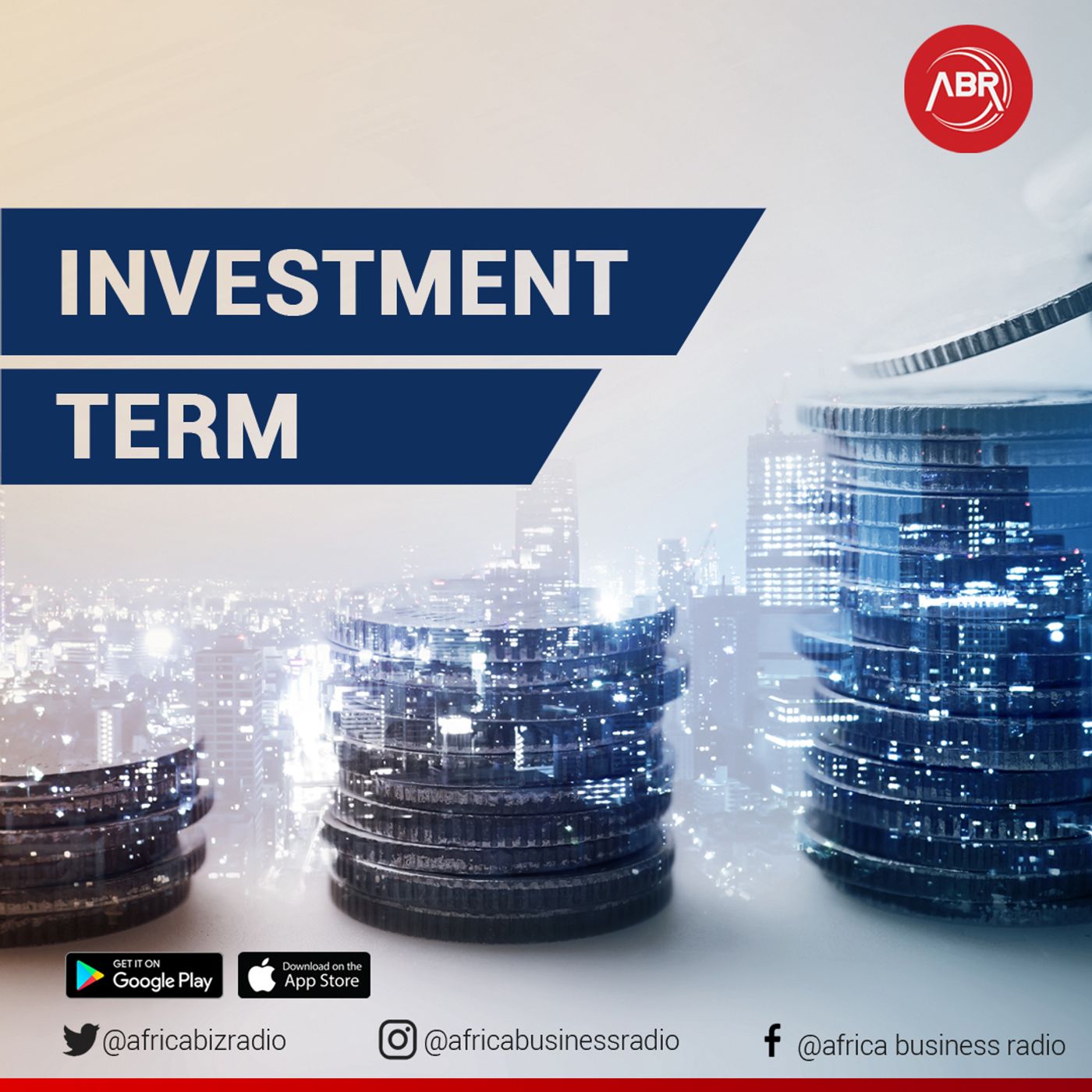Investment Term Of The Day : Quantitative Easing(QE)
Description
Quantitative easing is a form of unconventional monetary policy in which a central bank purchases longer-term securities from the open market in order to increase the money supply and encourage lending and investment. QE usually involves the central bank purchasing longer-term government bonds as well as other types of assets such as mortgage-backed securities.
Buying these securities adds new money to the economy, and also serves to lower interest rates by bidding up fixed-income securities. It also greatly expands the central bank's balance sheet.
If quantitative easing itself loses effectiveness, fiscal policy, or government spending, may be used to further expand the money supply. In effect, quantitative easing can even blur the line between monetary and fiscal policy, if the assets purchased consist of long term government bonds that are being issued to finance counter-cyclical deficit spending.
Quantitative easing can devalue the domestic currency. For manufacturers, this may help stimulate growth because exported goods would be cheaper in the global market. However, a falling currency value makes imports more expensive, which can increase the cost of production and consumer price levels.
---
This episode is sponsored by
· Anchor: The easiest way to make a podcast. https://anchor.fm/app
More Episodes
Published 03/11/24
Published 02/19/24
Published 02/12/24


